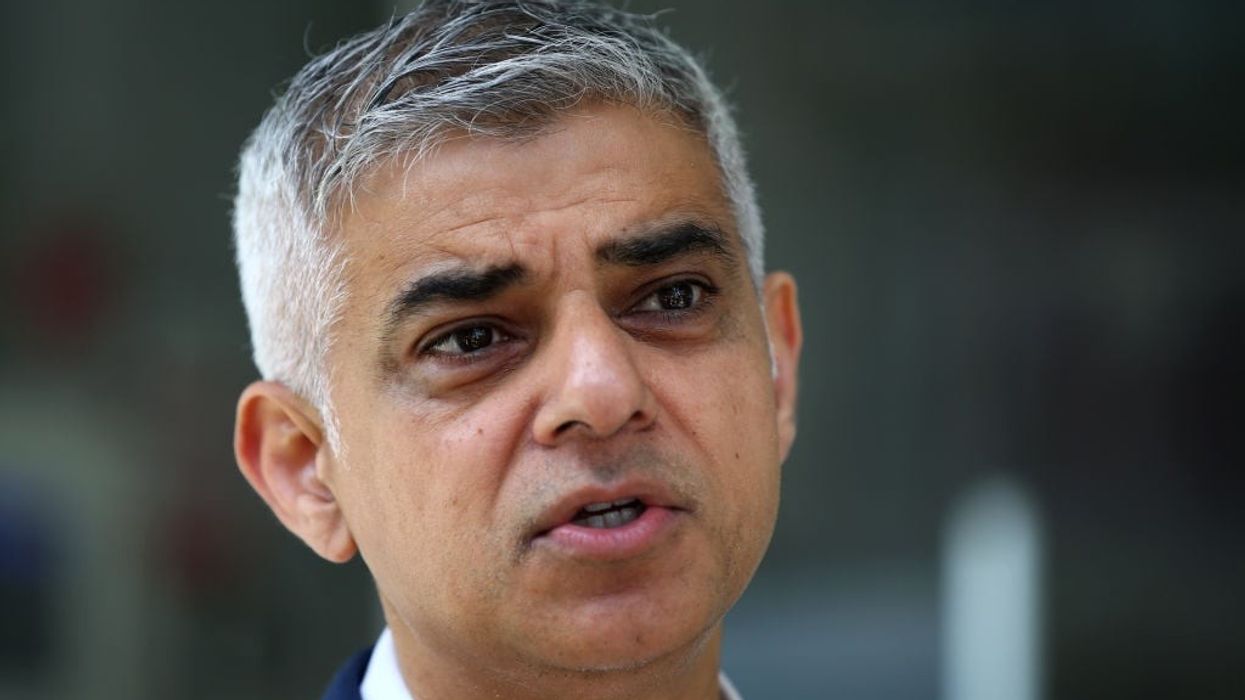London mayor Sadiq Khan and MoneySavingExpert founder Martin Lewis CBE have joined forces for a one-off live event to help Londoners tackle the cost-of-living crisis.
On Thursday (2), Khan and Martin were set to be joined by an audience at City Hall to discuss everything from managing soaring energy costs and tips to ease household expenses to looking after mental health during these challenging times.
Dr Debbie Weekes-Bernard, deputy mayor for communities and social justice, will host the conversation with questions submitted online by Londoners and taken from audience members.
The event will be streamed online via YouTube.
Thursday’s event comes as a new City Hall polling by YouGov shows that 17 per cent of Londoners said they are financially struggling to make ends meet or are going without essentials and/or relying on debt.
This is five percentage points higher than when the same question was asked a year ago.
Almost half of Londoners (49 per cent) said they are seeking out cheaper products to stretch their funds whilst 45 per cent said they are using less water, fuel or energy to try to keep the bills down.
Thirty nine per cent of Londoners say they think they will struggle to pay their energy bills in the next six months.
Lewis has repeatedly warned of the impact a protracted cost-of-living crisis could have on the nation’s mental health and this appears to be borne out by the latest data: the spiralling cost of living is having a negative impact on health, with half of Londoners (50 per cent) polled saying the cost of living had had either a ‘fairly’ or ‘very’ negative impact on their mental health.
Organisations including Citizens Advice and Energy Saving Trust will also attend Thursday’s event to provide information about the support they can offer.
This includes claiming benefits, tackling debt, energy efficiency, and digital skills and help attendees access their services.
The mayor’s cost-of-living bus, run by Debt Free Advice, will also be on site to provide advice on matters related to debt and money.
Lewis set up MoneySavingExpert in 2003 and over the last 20 years, has gone onto become one of Britain’s most trusted financial experts, helping people to slash their costs. The site has gone on to win a host of awards and is a constant port of call for consumers and policymakers alike.
Khan is doing all he can to help Londoners cope with the cost-of-living crisis. Across the GLA, hundreds of millions are being spent on affordable and social homes for Londoners while more than £80 million are being spent on work including:
- More than £50 million to tackle fuel poverty through the Warmer Homes programme, providing free heating, insulation and ventilation improvements for Londoners on low incomes who own their homes or rent privately and energy advice services
- More than £20 million to improve the quality of private rented homes and house Londoners who are rough sleeping or homeless
- £5 million to connect Londoners with welfare advice
- £3 million to tackle food insecurity
However, it is challenging to accomplish the tasks alone and hence, the mayor is lobbying ministers to urgently implement a range of measures to help Londoners, including:
- Funding an energy lifeline tariff, so that the most vulnerable households receive a basic amount of energy for free before charges begin
- An end to forced disconnections or forced pre-payment meter installs by energy suppliers for those who can’t afford to pay their bills
- Increased investment in retrofitting to increase the energy efficiency of buildings and deliver energy cost savings.
“I am delighted that Martin Lewis, the UK’s foremost consumer champion has agreed to join me today to share his expertise with Londoners as they face this protracted cost of living crisis," Khan said.
“In an ideal world, events like this would not need to happen. None of us want to be preparing for another year of spiralling prices and stagnant wages but until the government starts taking their responsibilities to tackle this emergency seriously, it is vital that we share guidance, advice and best practice to help Londoners make the most of their situations and avoid costly mistakes.
“The latest City Hall polling from YouGov makes stark reading, laying bare the awful impact this crisis is having on Londoners’ financial, physical and mental health. We’re doing all we can to help Londoners, it is about time ministers started doing the same.”
Lewis said, “The cost of living crisis is striking across the country, but this is nothing new in London, where many on the lowest incomes have struggled for years with super-high rents and a property ladder whose first rung seems miles high. Of course though it means things have gotten worse.
“London’s been my home ever since I came to study at the LSE in 1991, so I’m delighted to come and do an event with the mayor. My focus is the practicals – I’ll try to leave the politics to others – I can’t promise there’s a solution to every question, but at least we may be able to point people in the right direction.”












